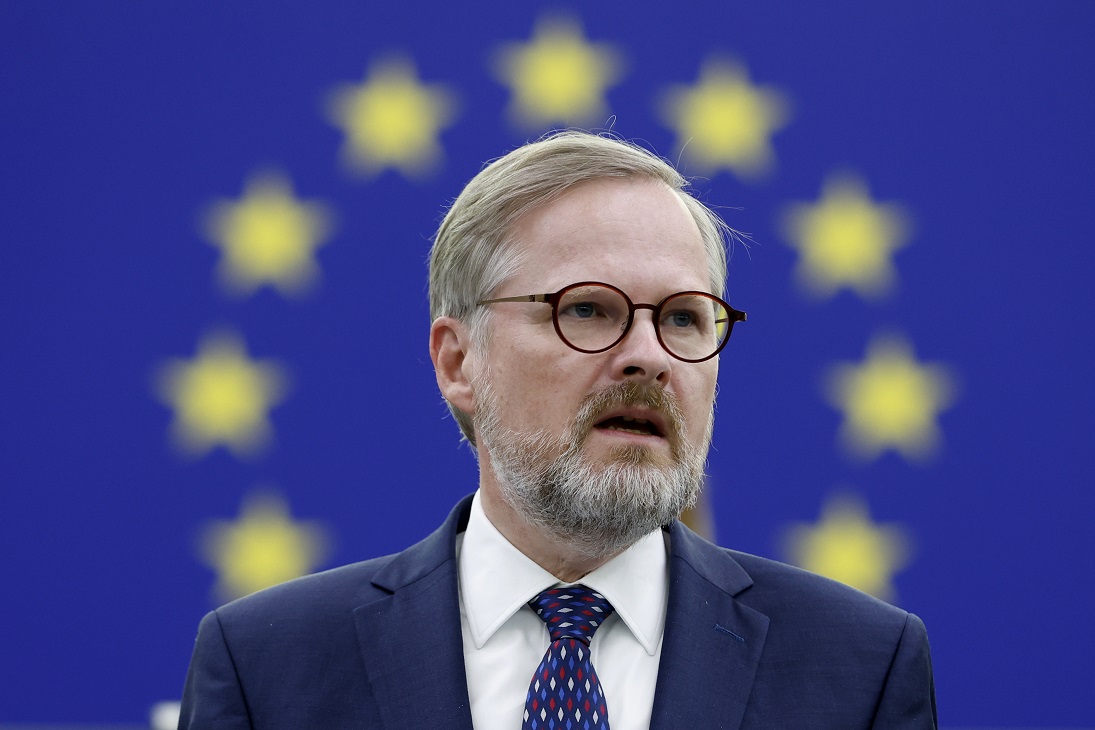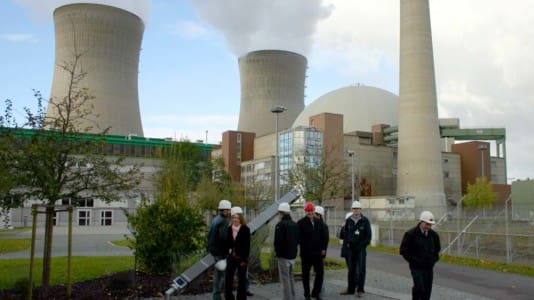The Czech government is not relying on someone else to take care of the country during the approaching energy crisis; it will instead ensure the country has sufficient raw materials, especially gas, to survive the winter without disruption, the Czech Prime Minister Petr Fiala has said.
Fiala’s government, which has been in power for exactly seven months, has been filling Czechia’s gas reservoirs and resumed negotiations on a new oil pipeline, he claimed.
“We are taking fundamental steps towards the energy self-sufficiency of the Czech Republic. We are not relying on someone to take care of us. Instead, we are active on many levels,” Fiala wrote in a Facebook post published on Sunday.
“We have filled the gas reservoirs to 70 percent, and we have won capacity in the LNG terminal in the Netherlands for an amount that will cover up to a third of our annual gas consumption,” he added.
According to Fiala, the government also resumed the previously interrupted negotiations on the Czech-Polish Stork II pipeline. It is additionally talking about expanding another oil pipeline from Trest to Bavaria, Germany.
“We managed to agree for Bavaria to approve the capacity expansion,” Fiala said.
A turbulent start for Fiala’s government
Fiala’s five-coalition cabinet has been in power for exactly seven months. Roughly two months after the formation of the government, Russia invaded Ukraine.
“That changed practically everything,” the prime minister explained, recalling that as a result of the conflict, the Czech government took measures against higher living costs caused by inflation and rising energy prices. For example, it is now easier to apply for housing benefits.
“This eliminates the need to fill out extensive forms at employment offices. Instead, a new digital form can be simply filled out on the website of the Ministry of Labor and Social Affairs,” Fiala explained.
The government also approved a cost-saving energy tariff and a one-off contribution of 5,000 korunas (€204) per child for families with children under 18 years of age and with an annual income of up to 1 million korunas (€40,858).






